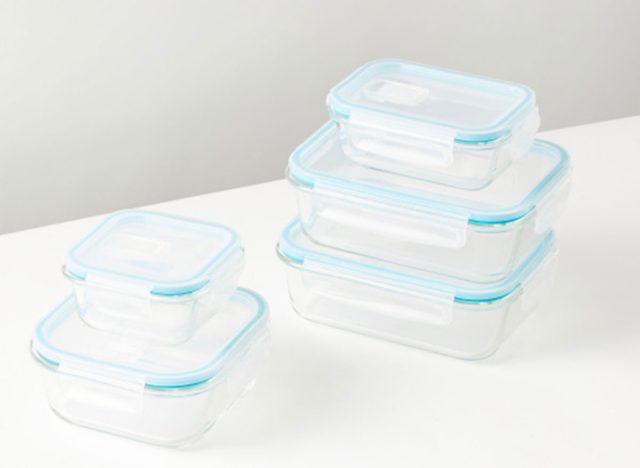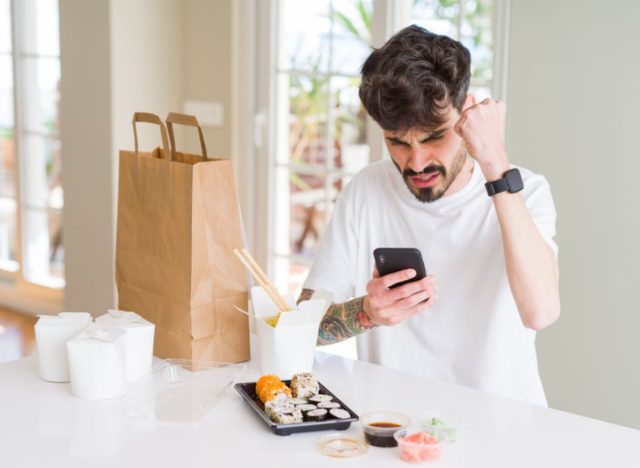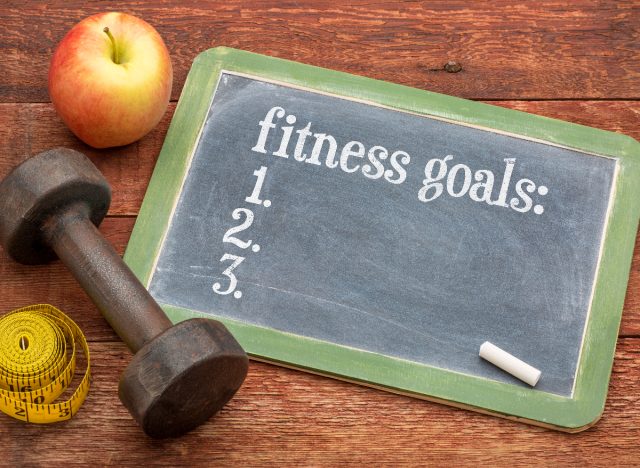These Simple Weight Loss Tricks Work Better Than Dieting, Says Report

If you've ever tried a strict diet to lose weight, you already know why it's so easy to bail on any regimented program: The experience can be flat-out miserable. According to one survey, for instance, two out of five people who opt out of their diet do so within just a week of starting. "You know your body better than anyone, which means you probably know exactly what's made you feel miserable in the past," Cynthia Sass, MPH, RD, once explained. "When I ask my clients about this, I tend to hear the same responses over and over—too few calories and too little carbs seem to be the biggest culprits."
A new report published in the science magazine Discover agrees that the grim experience of dieting is the number one culprit for people quitting them. "Dieting isn't really ideal for living a pleasant life, which will make it harder to keep dieting," Traci Mann, Ph.D., a leading food psychologist at the University of Minnesota and author of Secrets from the Eating Lab, explains to Discover.
If that sounds achingly familiar, you're definitely not alone. But know that the science outlet spoke to a series of weight-loss experts and nutritionists to reveal some of the more successful eating strategies you can try in place of a strict, calorie-counting diet—which could indeed leave you feeling happier, more fulfilled, and far healthier in the long run. Read them all below. And for more weight loss advice, don't miss this list of Underrated Weight Loss Tricks That Totally Work, According to Experts.
Simply Remove the Temptations

"Resisting food cravings day in and day out is difficult," says Discover. "A better approach is to make tempting food more difficult to grab. If your partner insists on having candy in the house, for example, store those goodies in an opaque container, making them harder to see. When sweets are out of sight, they tend to be out of mind as well."
The latest research backs this up. A study published in the Journal of Marketing found that people are more likely to overeat small treats from transparent packages than from opaque ones. Make it harder to eat bad foods, and you'll eat less bad foods.
Don't Beat Yourself Up if You Make a Mistake

Focus on the larger journey of your overall health, not on the occasional slip-up, Debbie Petitpain, MS, RDN, LDN, a registered dietician and spokesperson for The Academy of Nutrition and Dietetics, told Discover. "An occasional splurge meal doesn't negate the healthier choices you've made on a day-to-day basis," says the report.
Find "Creative Swaps"

It's a tactic we've preached for eons at Eat This, Not That!: if there's a food you love to eat, simply find a healthier version of it. Additionally, you should look for easy ways to weave vegetables into your meals. "Try adding salsa to eggs, spinach to smoothies, sliced mushrooms to burgers, or having veggies and hummus instead of chips," says Discover. The idea here is to weave more healthful items into your existing diet and not force yourself into habits that aren't sustainable.
Don't Be So Goal-Oriented

"It's better to think about the overall journey, rather than being so hyper-focused on achieving an endpoint," Petitpain explained. She advises you to take a much deeper look at all of the factors in your life that could be contributing to your weight—and consider taking healthier steps in those areas before you start a hardcore diet. "If you don't have the bandwidth right now to tackle an aggressive diet, then don't start one, because it might be worse to try and fail. Focus instead on self-care. Try sleeping better, moving a little bit, eating a little healthier at every meal. These are hard times; you really have to prioritize."
For more amazing tips for helping you along your own weight loss journey, make sure you're aware of The Habits That Drive the Most Weight Loss of All, Say Scientists.








